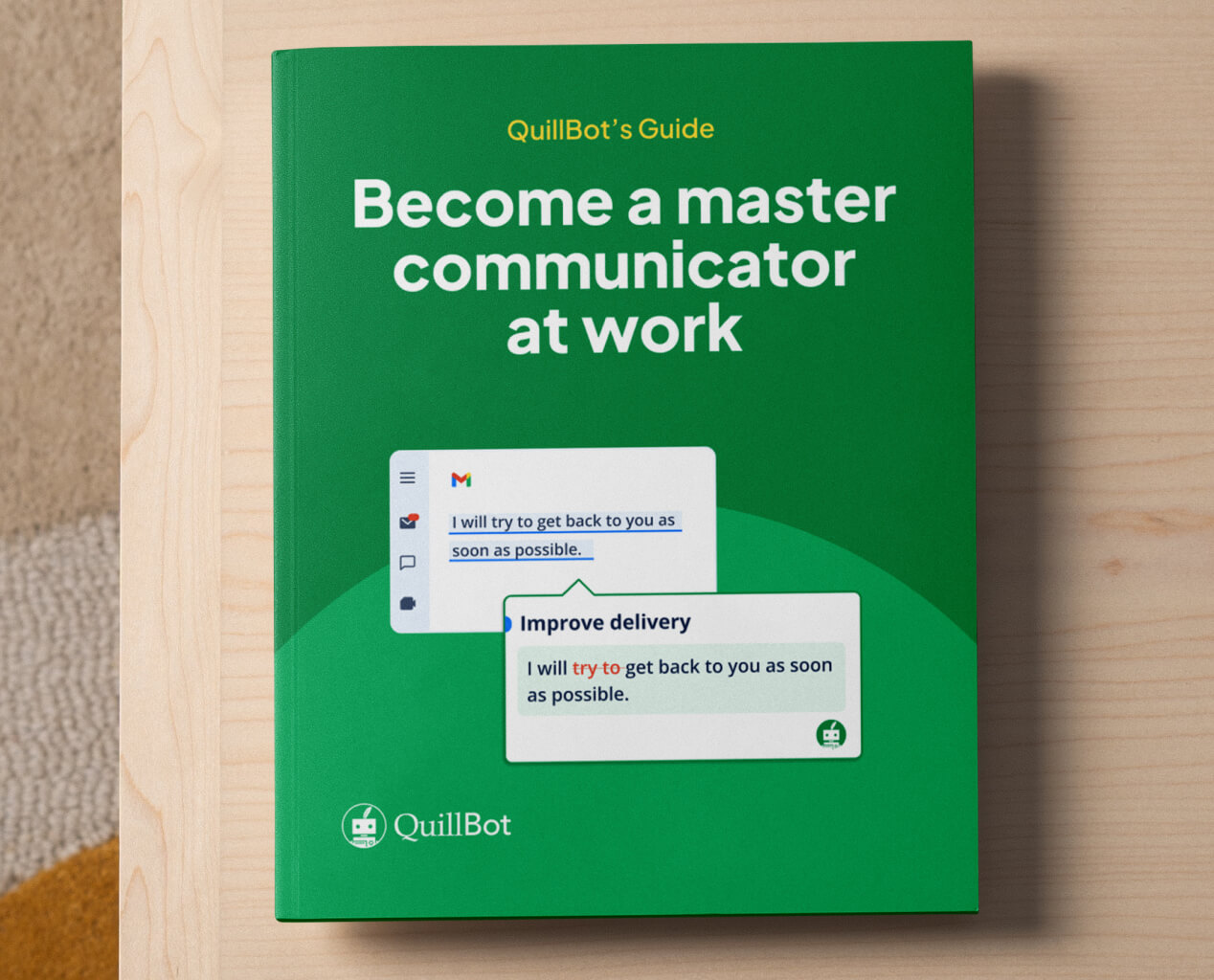Each other is a reciprocal pronoun that means “each person or thing in a mutual relationship or reciprocal action” (e.g., “They often pranked each other”).
QuillBot’s Paraphraser tool can help you find new ways to express your meaning.
Read this FAQ: What does each other mean?
“Each other” is always spelled as two words (e.g., “Let’s draw a portrait of each other”). “Eachother” is a common incorrect spelling.
Read this FAQ: How do you spell each other?
The correct spelling is “vacuum” (with one “c,” two “u’s,” and ending with the letter “m”). “Vaccum” is a common incorrect spelling of “vacuum.”
Read this FAQ: Is it vaccum or vacuum?
“Vaccuming” is an incorrect spelling of “vacuuming,” which is the present participle form of the verb “vacuum” (e.g., “I was vacuuming when you knocked, so I didn’t hear you”).
Read this FAQ: What is vaccuming?
“Vaccum” is an incorrect spelling of the word “vacuum.”
“Vacuum” can be used as a noun meaning “emptiness of space” or when referring to a cleaning device that suctions dirt, dust, and more off the floor. As a verb, “vacuum” means “to use a vacuum cleaner.”
Read this FAQ: What does vaccum mean?
“Email address” (or “e-mail address”) refers to a unique identifier, usually consisting of letters, numbers, and some symbols, that identifies where an email is being sent (e.g., “Please write down your email address to receive special offers”).
Read this FAQ: What does email address mean?
The correct spelling is always “e-mail” or “email,” but never “e mail.”
E-mail and email are different spelling variations and mean “electronic mail.”
Read this FAQ: Is it e mail or e-mail?
The word “email” doesn’t have to be hyphenated. Both “email” and “e-mail” are widely used and accepted, although “email” has become more common.
The QuillBot Grammar Checker can help ensure your writing is free of punctuation and spelling errors.
Read this FAQ: Is email hyphenated?
The correct spelling is “believe.” Although there are many exceptions, “believe” is an example of a word that follows the “i before e except after c rule.”
QuillBot’s free Grammar Checker will catch any misspellings in your writing.
Read this FAQ: Is it beleive or believe?
The i before e except after c rule is correct only for a certain group of words, including “receive,” “deceive,” and “conceive.” There are many other words that do not fit into this rule, such as “science,” “ancient,” and “efficient.”
Use QuillBot’s free Grammar Checker to check your spelling in all your writing.
Read this FAQ: Is the i before e except after c rule correct?
